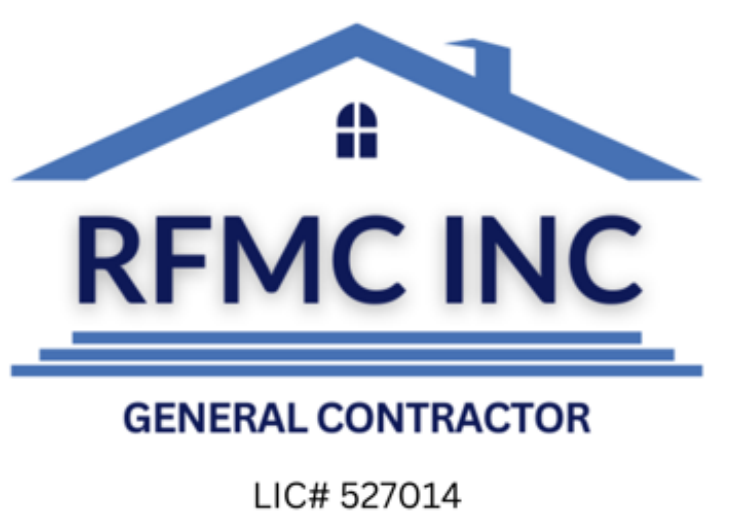Construction Permit for Complete Remodeling Projects
Homeowners making any changes to the structures of a home will likely need a permit—and you may need more than one. While kitchen and bathroom remodels
and housing additions are obvious permit candidates, people may not realize they might also need one for such projects as installing a window, adding a new light switch, or replacing a shower. There are not too many jobs you don’t need a permit for. It’s better to be safe than sorry.
We Ensure Your Remodeling Project is Safe & Up-to-Code
When home owners take on a remodeling project, they’re often far more focused on choosing glistening fixtures for a new bathroom or debating the type of granite to use on a kitchen countertop than, say, navigating the intricacies of the building permit process. That could be a huge mistake. Ignoring local approval requirements not only poses safety and legal problems but also can potentially derail a sale if you ever decide to move.
Homeowners using licensed contractors for remodeling work typically don’t have to get involved with permitting. At RFMC, we will handle the cumbersome process for you — filling out the paperwork with the municipality, collecting fees, and being present for the required inspections.
The permit process varies widely from city to city and state to state. But the purpose of the document is the same everywhere: It offers assurance by a municipal building department that the work being done meets all safety codes.
Why are Permits So Important?
Homeowners may be asked about permits in the process of selling a home. At closing, they may have to disclose any remodeling work they did and verify permits. A home inspector evaluating a property for a buyer may want to know whether a permit was obtained. Furthermore, the buyer’s appraiser may want to see permit records to check the legality of any home renovations.
“If no permits are found and it’s obvious the home has been renovated, the bank will likely refuse to make the loan,” according to the American Bar Association’s book Legal Guide to Home Renovation (Random House Reference, 2006). If the permit less work isn’t discovered until after closing, the home’s value could even be subject to a lawsuit, such as in cases when an addition added extra square footage to the home’s value, but the construction wasn’t done legally with a permit.
That’s why contractors and legal experts say real estate practitioners are well advised to ask sellers before they take on a listing for a renovated home: “Did you get a permit for that?”
Some homeowners, however, are tempted to sidestep the permit process not wanting to pay the fees (municipalities generally charge a minimum issuing fee—such as $25—as well as an additional fee—sometimes 1 percent—of total construction costs), or they might not want to risk delaying a project or a sale by waiting for city inspections (obtaining permits can take anywhere from a day to six weeks or more).
But caught without a permit during resale, homeowners may face big consequences. They may have to pay fines (possibly up to quadruple the original permit cost) or may have to tear the project down and redo it.



